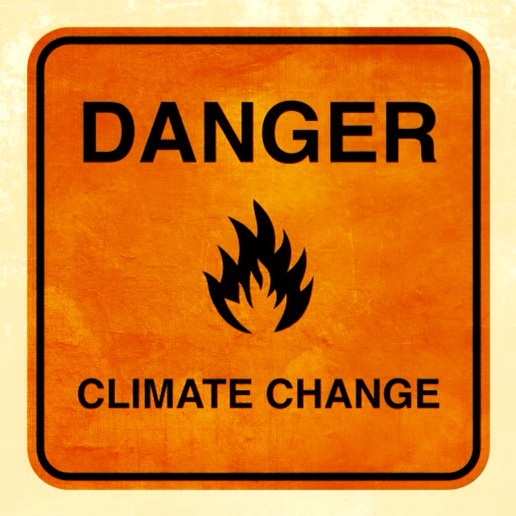
Climate Change in Lebanon: Higher-Order Regional Impacts from Agriculture
A recent report titled, ‘Climate Change in Lebanon: Higher-Order Regional Impacts from Agriculture’ confirmed that droughts will increase in both frequency and intensity. Issued in partnership between the Issam Fares Institute for Public Policy, the International Affairs Institute (IFI) at the American University of Beirut (AUB), and the University of Sao Paulo Regional and Urban Economics Laboratory (NEREUS), the report also confirmed that agriculture will be the most affected by climate change as the sector faces a permanent decline in crop productivity.
According to the report, agricultural development is being increasingly challenged by the limited availability of water and land resources, as well as an increase in urbanization. Ramez Osseiran, Chairman of the Farmers’ Association in the South, said that agriculture relying on irrigation or rainfall, which represents half the 240,000 hectares of total cultivated areas, will be impacted by the decrease in water levels. Some artesian wells will also be exposed to salinity. The direct effects of climate change are mainly related to lower crop yields, as well as the loss of livestock in harsh winter conditions, such as severe frosts. Fruit trees that rely heavily on rainfall and irrigation, such as apple, apricot, peach, almond, cherry, and plum trees, will be mostly affected. “These trees will blossom prematurely, which will lead to a decrease in both the volume and quality of production,” Osseiran said.
[Full article here | Photo by Environmental Illness Network]







